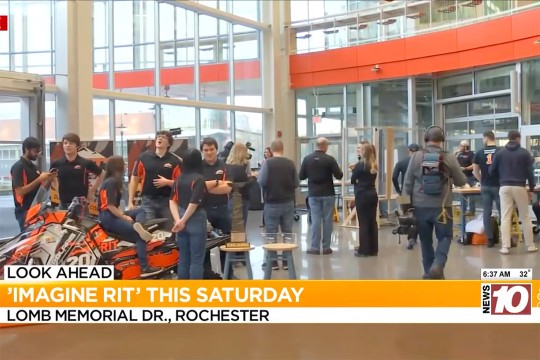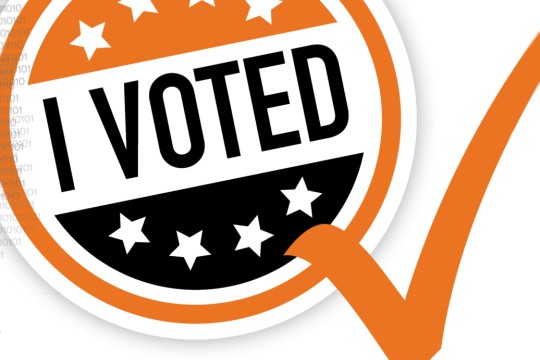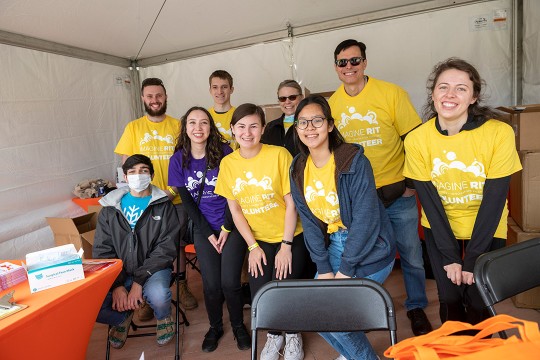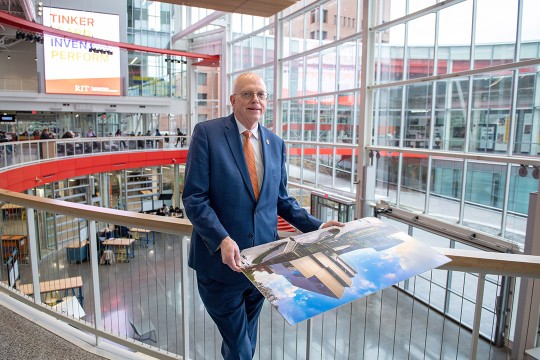Plastic Beer Bottles and Rowdy Football Fans—What the Future Holds
In the aftermath of recent bottle-throwing incidents in Cleveland and New Orleans, at least one National Football League team already announced that it will no longer sell beer in plastic bottles.
Karen Proctor, associate professor and chair of packaging science at Rochester Institute of Technology, explains what’s behind the switch from glass to plastic bottles—and will it last?
"Compared to beverages sold in glass bottles and cans—and this includes soft drinks as well as beer—those sold in plastic containers have shorter shelf lives," Proctor says. "In short, they lose their fizz much quicker."
Of course, the backlash against plastic beer bottles won’t mean a return to selling beer in glass bottles, a practice banned from stadiums years ago. Rather, thanks to football fans in Cleveland and New Orleans, expect to see more plastic cups . . . and longer concession lines.
Professor Proctor is available for additional comment. Contact Mike Saffran, senior news specialist, at (585) 475-5697 or mjsuns@rit.edu. Note: RIT’s packaging science program is one of only seven in the United States.














